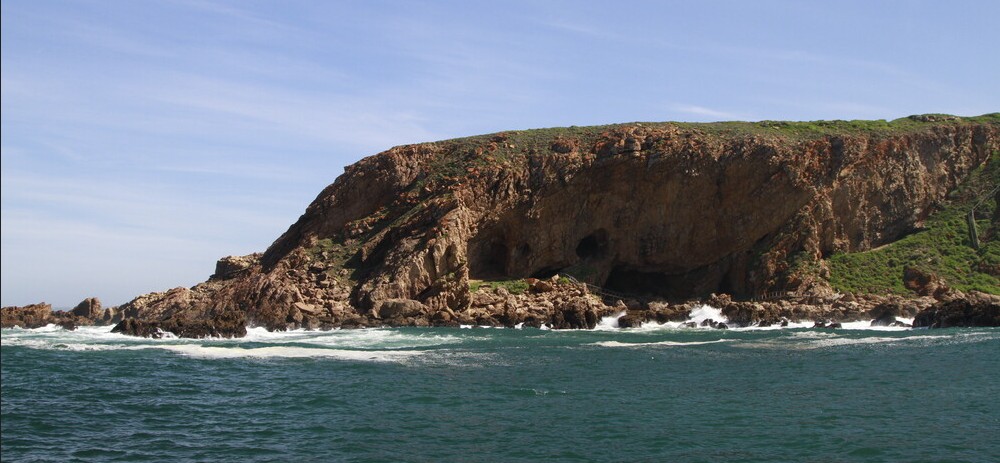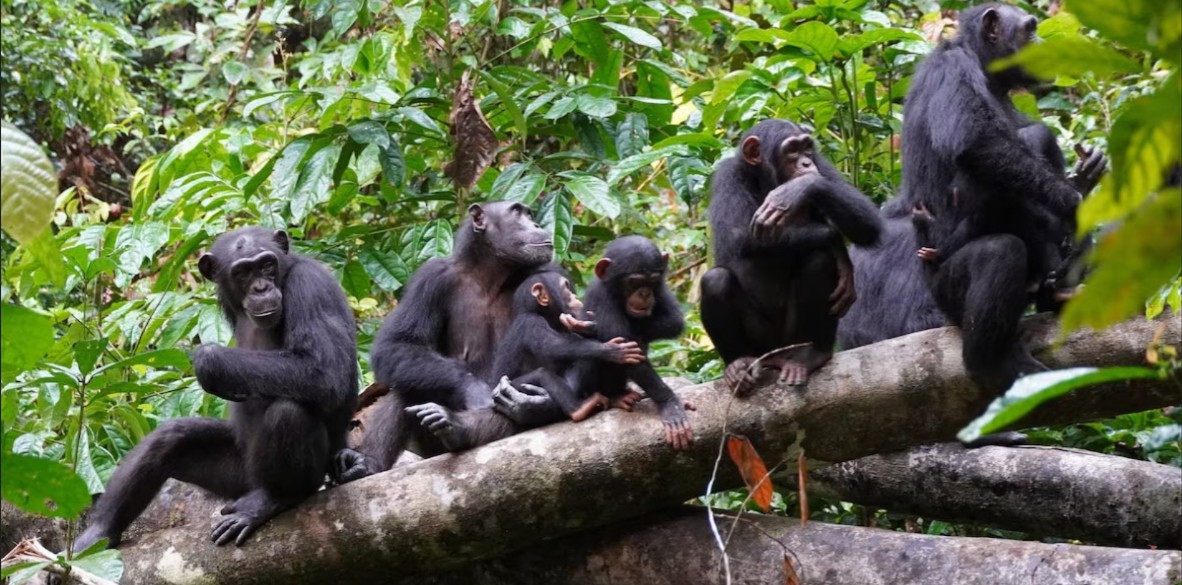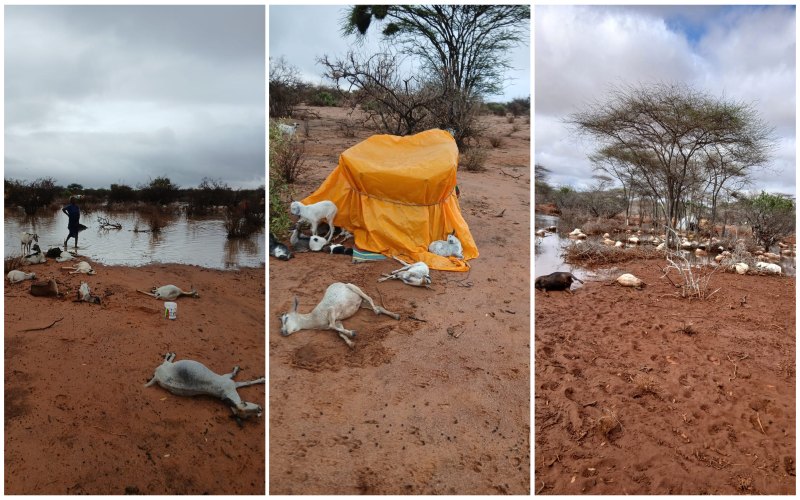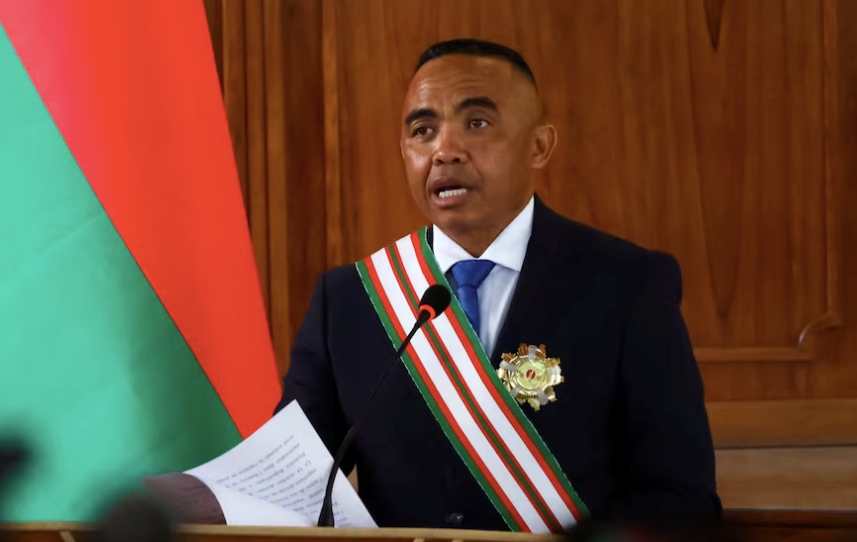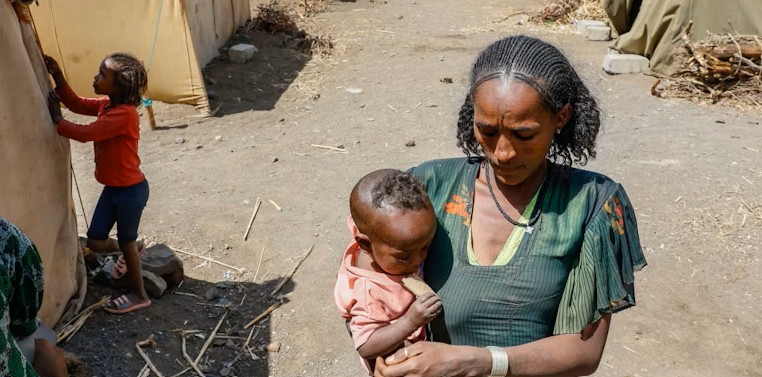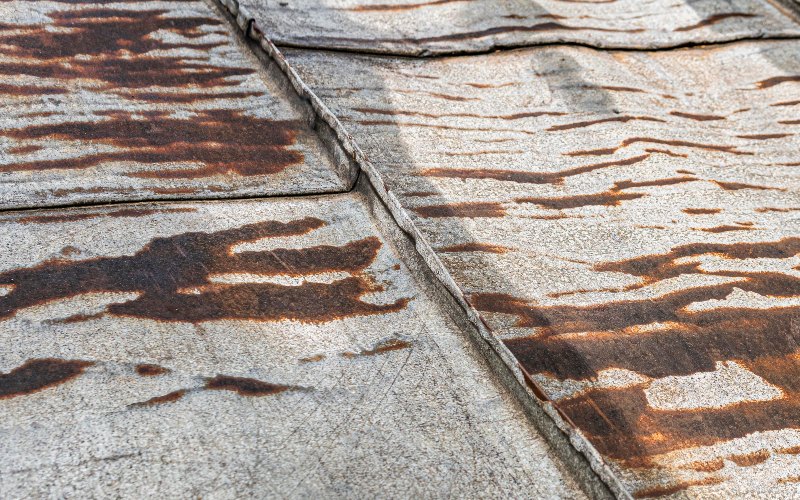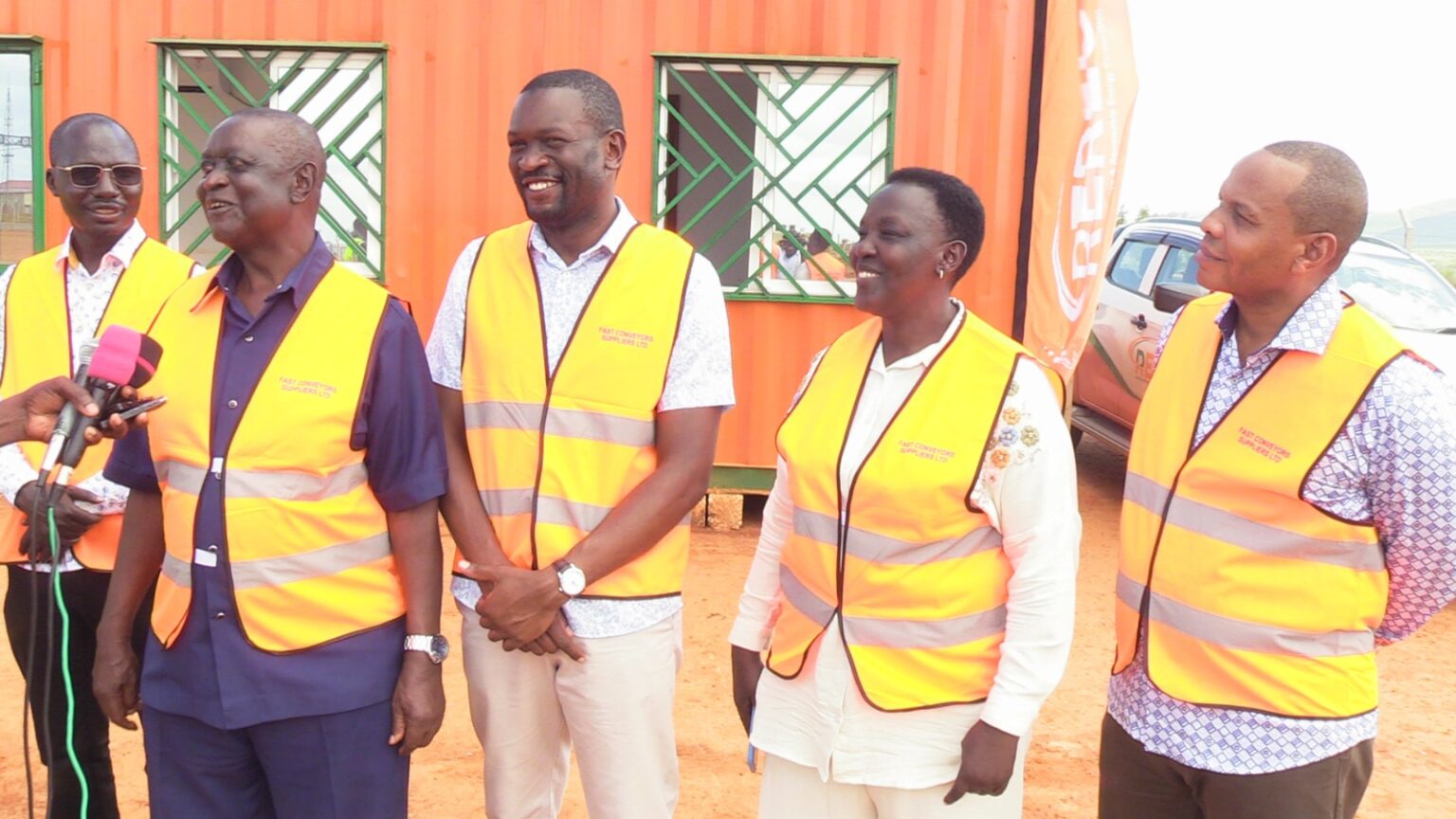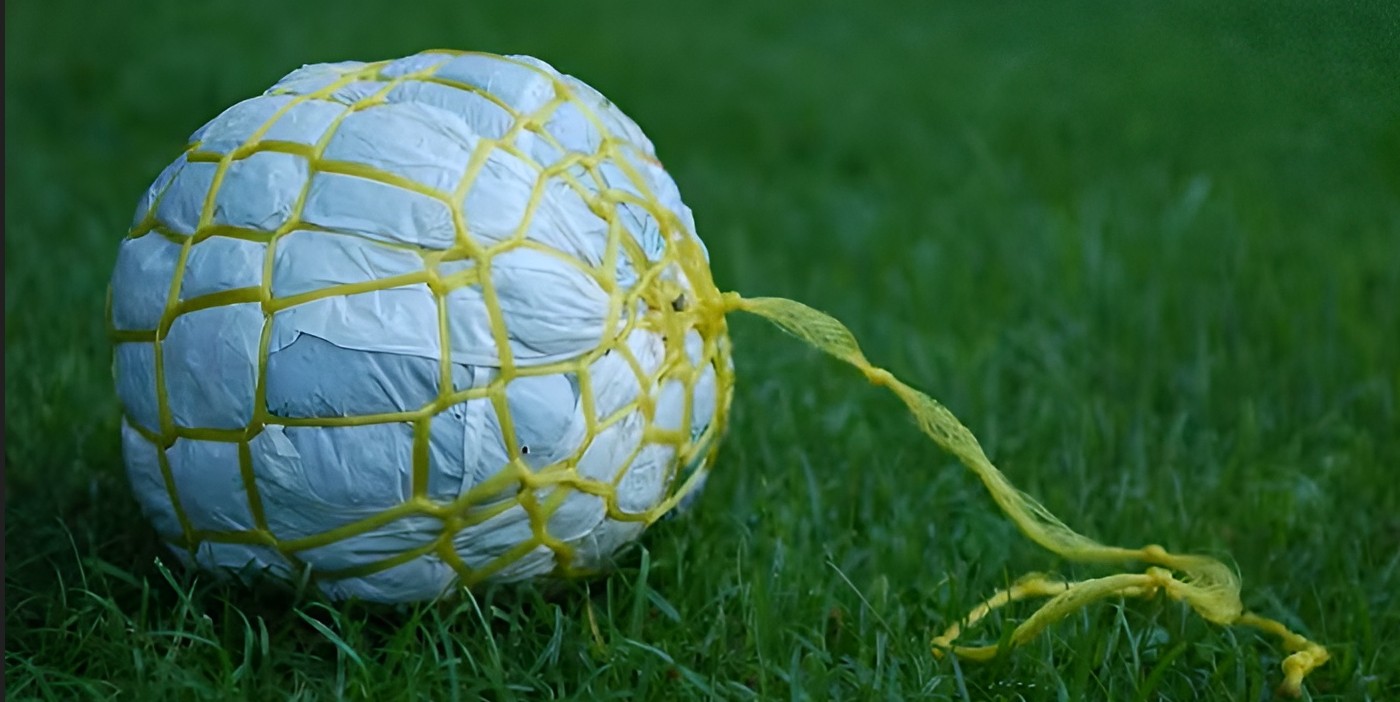Lamu youths turn Lake Kenyatta into party venue, leave it littered with trash
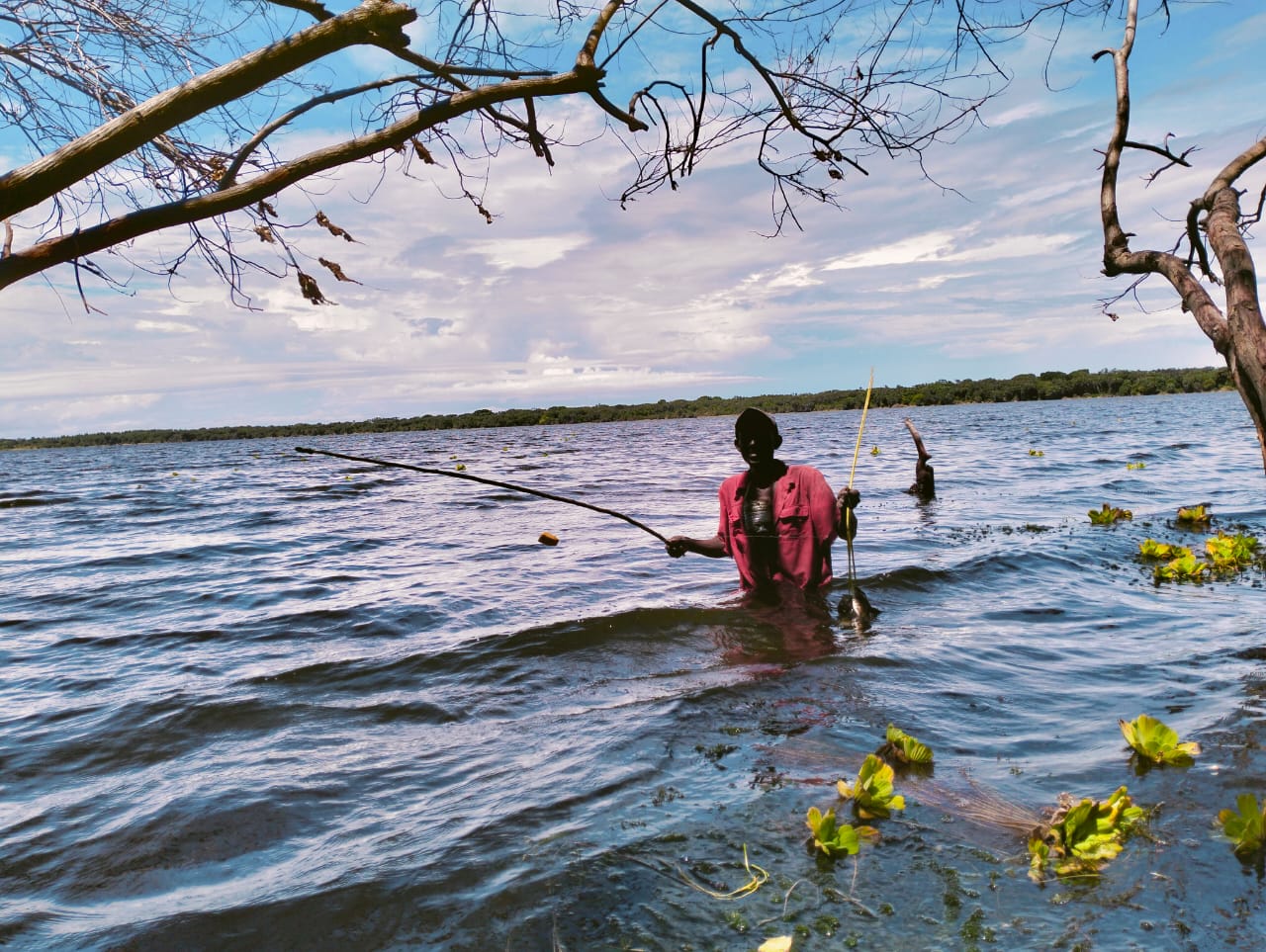
More than 60,000 residents of Mpeketoni and its environs rely on Lake Kenyatta to provide water for domestic use.
The careless behaviour of the youth in Lamu has left Lake Kenyatta, a major freshwater mass, dirty and littered with trash.
Lake Kenyatta is located in the Mpeketoni Division, Lamu West and is the largest freshwater lake in the entire county.
More To Read
- We tested if a specialised magnetic powder could remove microplastics from drinking water: The answer is yes
- How Nigeria’s plastic waste could enrich the fashion industry
- NEMA launches crackdown on factories producing plastic bags
- Unseen and unprotected: The hidden workforce battling Kenya’s waste crisis
- The recycling dilemma: Most plastic still ends up as waste
- Kenya calls for swift action on global plastic pollution treaty
More than 60,000 residents of Mpeketoni and its environs rely on Lake Kenyatta to provide water for domestic use.
Residents also use the water from Lake Kenyatta for irrigation farming and to water their livestock.
In recent years, Lake Kenyatta has been facing various challenges that are degrading the status of this particular large water body.
The latest challenge witnessed is that of young 'partygoers who have now turned Lake Kenyatta into a party venue and are carelessly disposing of plastics and other litter after partying.
According to managers of various boards that protect Lake Kenyatta, young people have been coming to the lake on weekends to enjoy the scenery.
The Chairman of the Lake Kenyatta Water Resources and Users' Association (LKWRUA), David Muigai, expressed his disappointment with the awkward behaviour of young people who love to party. Some of them even end up misusing the forests or small bushes found along the shores of Lake Kenyatta, including disposing of garbage.
According to Muigai, there have been cases where used condoms, have been found in the surroundings of Lake Kenyatta, especially the nearby bushes.
He described the youths' promiscuous sexual behaviour, especially around Lake Kenyatta, as a nuisance and a source of shame.
“I would ask young people who come here to the lake, whether it is on the weekend or during the week, to have fun, to be civilized and also to come prepared. They must maintain the cleanliness of our lake. They must not abuse this small forest found here by engaging in promiscuous behaviour. I urge them to be disciplined and respectful whenever they visit our lake environment. Leave it as clean as you found it,” said Muigai.
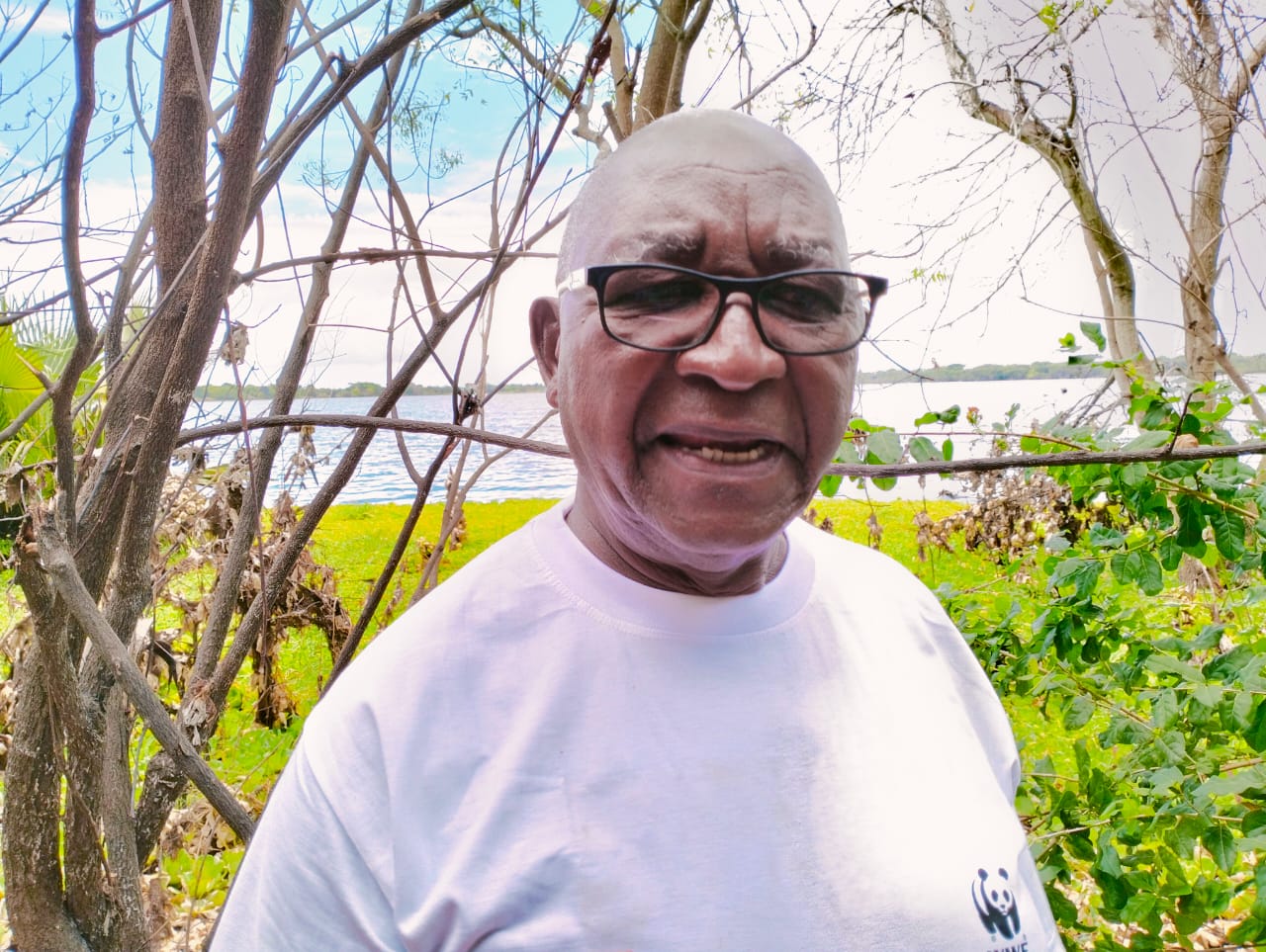 The Chairman of the Lake Kenyatta Water Resources and Users' Association (LKWRUA), David Muigai. (Photo: Farhiya Hussein)
The Chairman of the Lake Kenyatta Water Resources and Users' Association (LKWRUA), David Muigai. (Photo: Farhiya Hussein)
The Chairman of the Lake Kenyatta Water Users Association (LAKWA), Benson Kariuki, also slammed the youths for what he described as endangering the lives of aquatic creatures living in the lake.
According to Kariuki, who is also the secretary of LKWRUA, nylon, plastic bags, food cans and other environmentally unfriendly items left around Lake Kenyatta after young people have fun all day or all night have often been carried away by the water as soon as it rains, thus being directed or dumped into the lake.
“If the nylon or plastic bags are washed into the lake, it means that the fish there will eat the non-organic waste or materials, thus getting harmed. People must stop polluting our lake environment due to their unrealistic pleasures,” said Kariuki.
Modern toilets
The officials requested the Lamu County and National Governments to consider installing modern toilets along the lakeshore to help visitors to the area find a safe place to rest or relieve themselves after their adventure.
They said Lake Kenyatta has now become an attraction for many families and even tourists who visit there, spending hours looking at and enjoying the scenery of the lake.
They also urged the government that instead of focusing only on white sand tourism on the Indian Ocean beaches on Lamu Island and elsewhere, the time has come for them to consider tourism in landlocked or mainland areas like Mpeketoni, Hindi, Mokowe, and Witu, among others.
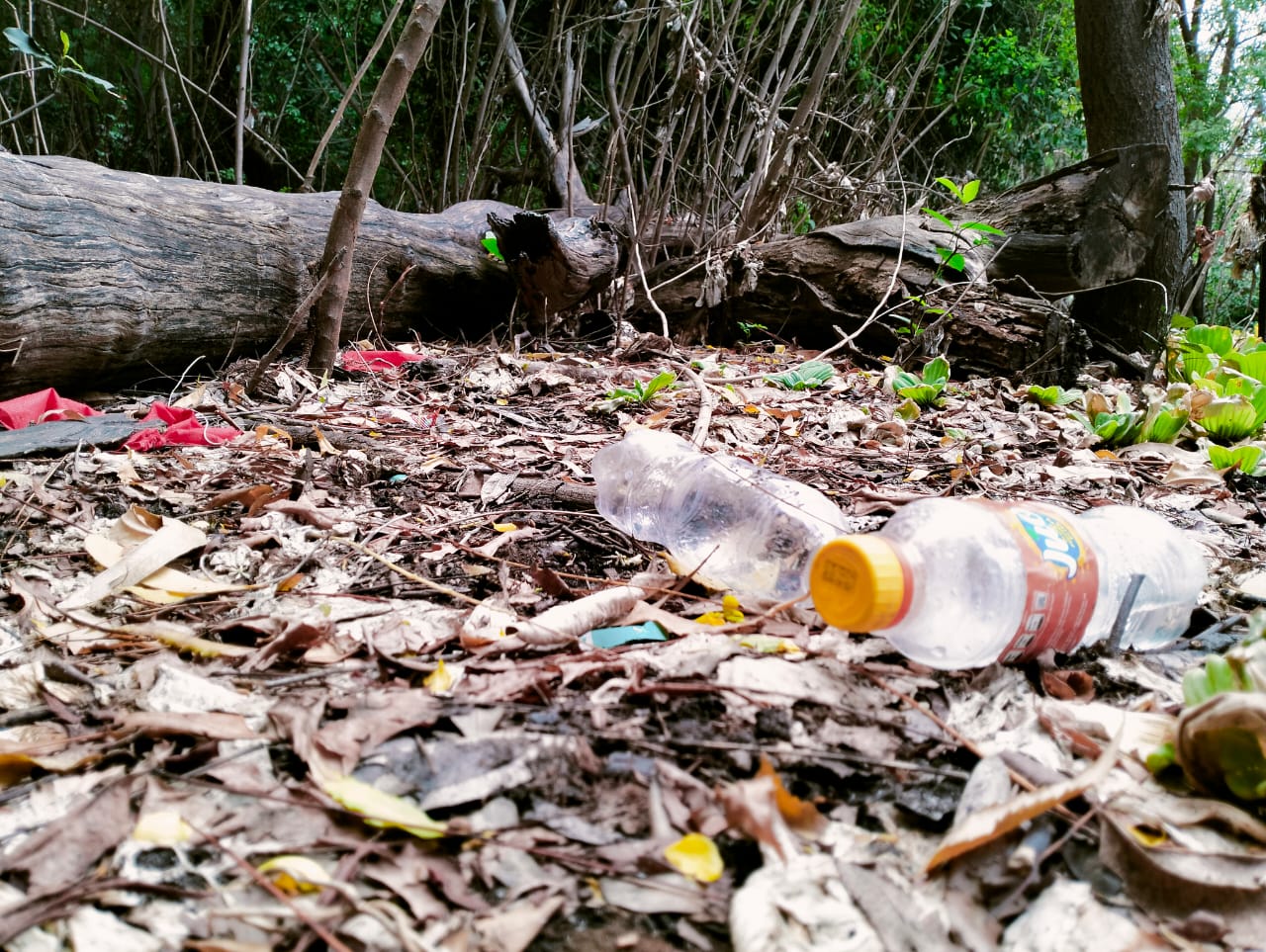 Plastic litter dumped on the forests found along the shores of Lake Kenyatta. (Photo: Farhiya Hussein)
Plastic litter dumped on the forests found along the shores of Lake Kenyatta. (Photo: Farhiya Hussein)
“Many families come to Lake Kenyatta to enjoy themselves. Because there is no proper infrastructure, including toilets, they end up defecating in the bushes, thus completely destroying the beautiful scenery of the lake. It’s good that they build hotels and restaurants, guest houses and also toilets here at Lake Kenyatta. If they do so, young people and even families will be able to come and camp here at Lake Kenyatta, be it for two or three days or even a whole week, enjoying the environment of our lake without disturbing others,” said Kariuki.
The officials also requested that urgent measures be taken to ensure that special waste collection areas or dustbins along Lake Kenyatta are designated and that drains for dumping waste are constructed.
This will give visitors to the area a good opportunity to dispose of their waste, including cans, boxes and food bags, in a safe place.
This is not the first time Lake Kenyatta has made headlines in the country.
A severe drought between 2016 and 2017 severely damaged the lake, causing its water to completely dry up.
This situation left thousands of creatures that lived in the lake, including fish, hippos, frogs and others, dying.
Other challenges facing Lake Kenyatta are the tendency of farmers to carry out their agriculture along the lake's shores and banks, thus contributing to soil erosion and chemicals mixing in the lake, resulting in too much silting and hence, reducing its depth, while living organisms are harmed and even die indiscriminately.
Pastoralists have also been driving hundreds of their livestock from different parts of Lamu and neighbouring Tana River County to the lake to drink water, thus polluting the lake's environment.
Some residents bring their motorbikes to the lake and wash them directly in, but this was solved by public sensitisation.
Lake Kenyatta was initially referred to as Lake Mkunguya.
The name Lake Kenyatta came into being in the 1970s when the founding father of Kenya as a nation—the late Mzee Jomo Kenyatta—visited the area, changing the name of Lake Mkunguya and renaming it after him.
Top Stories Today
